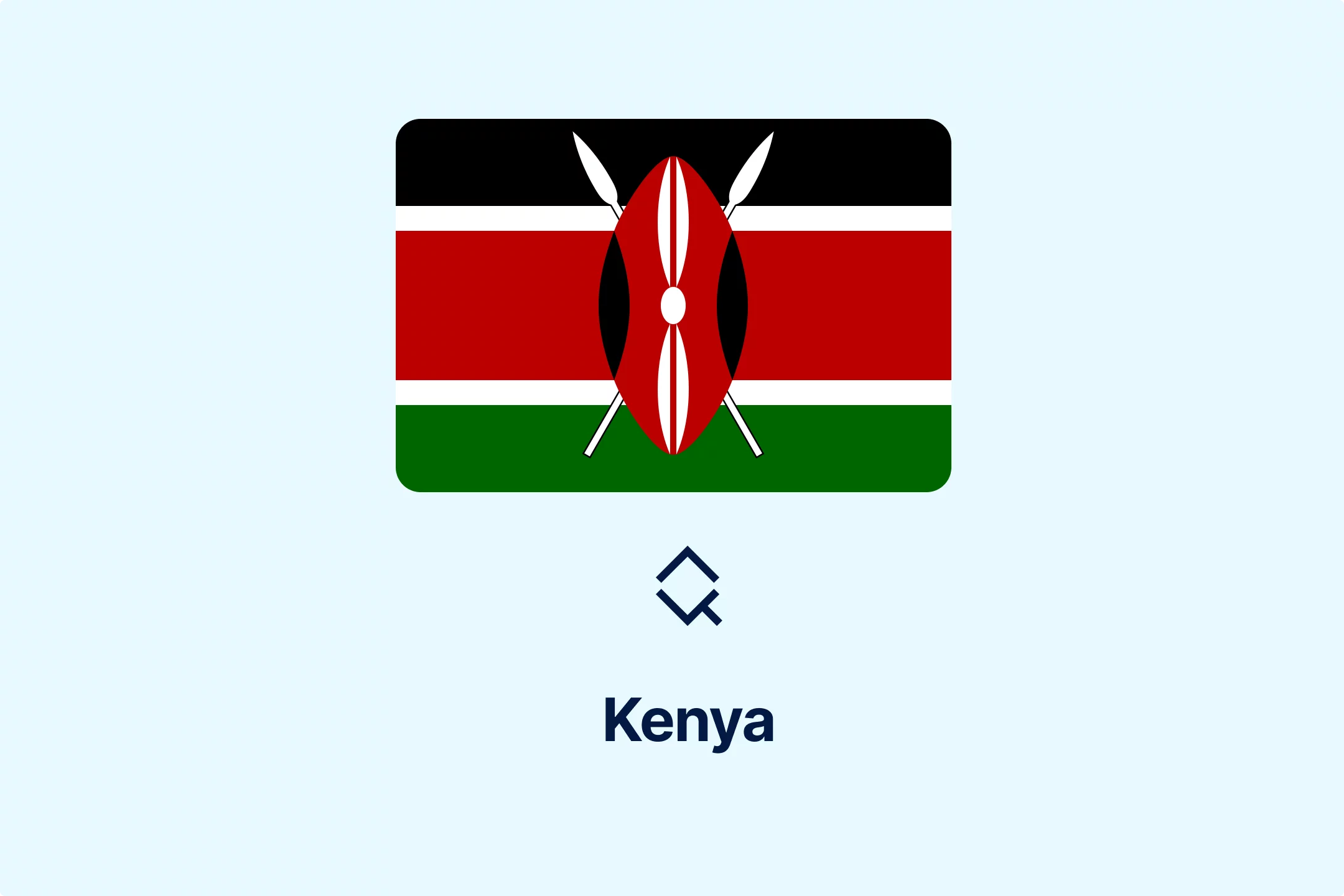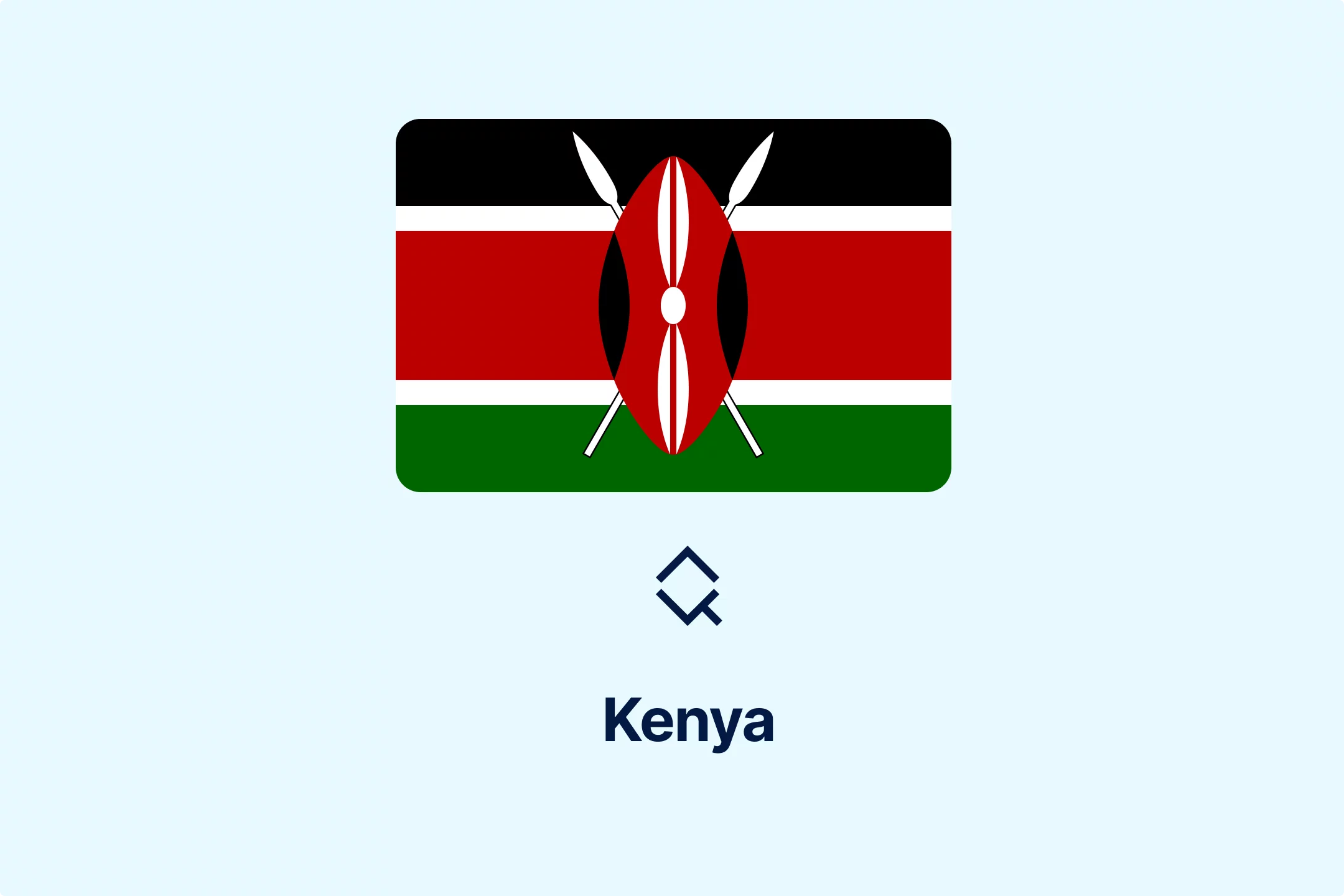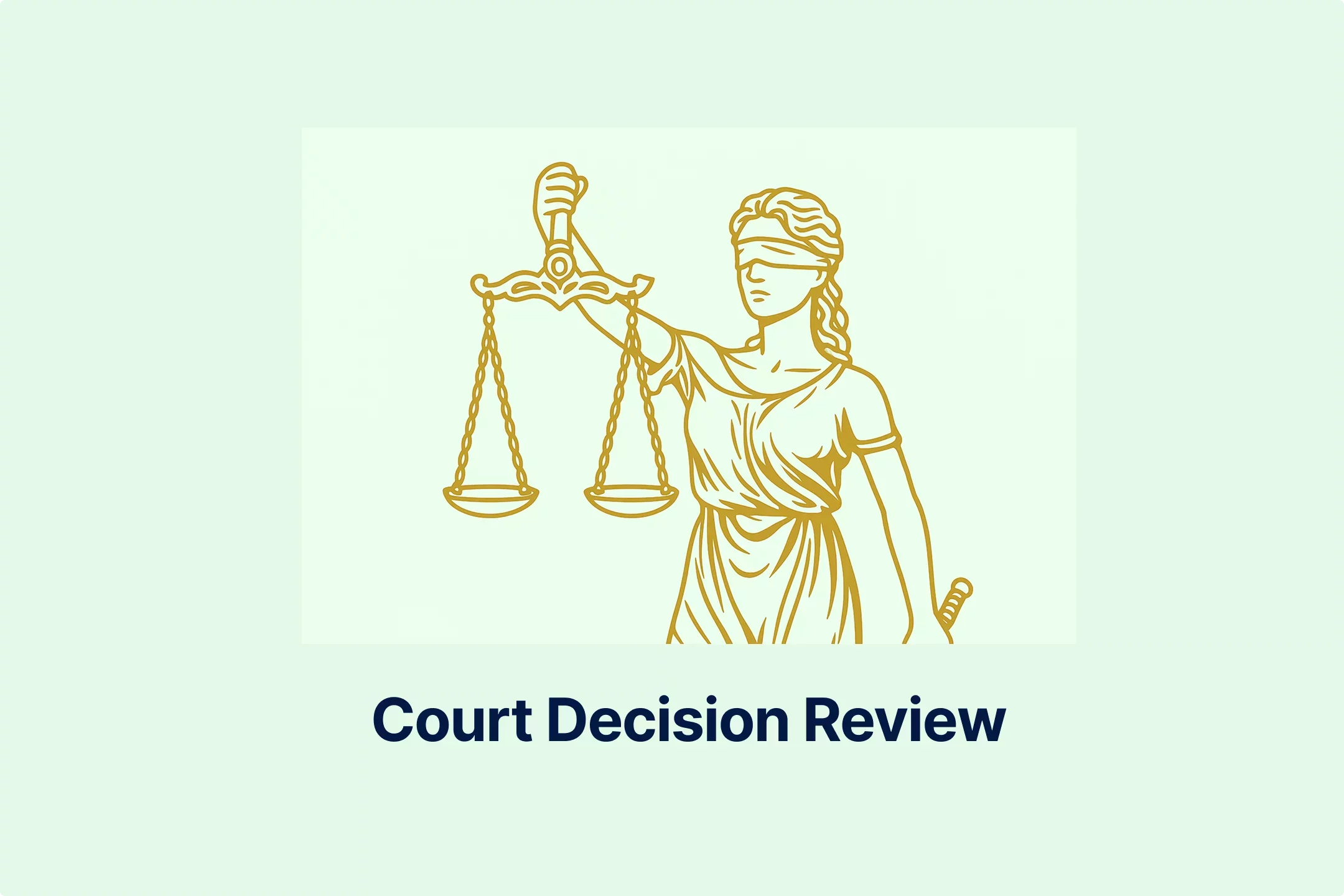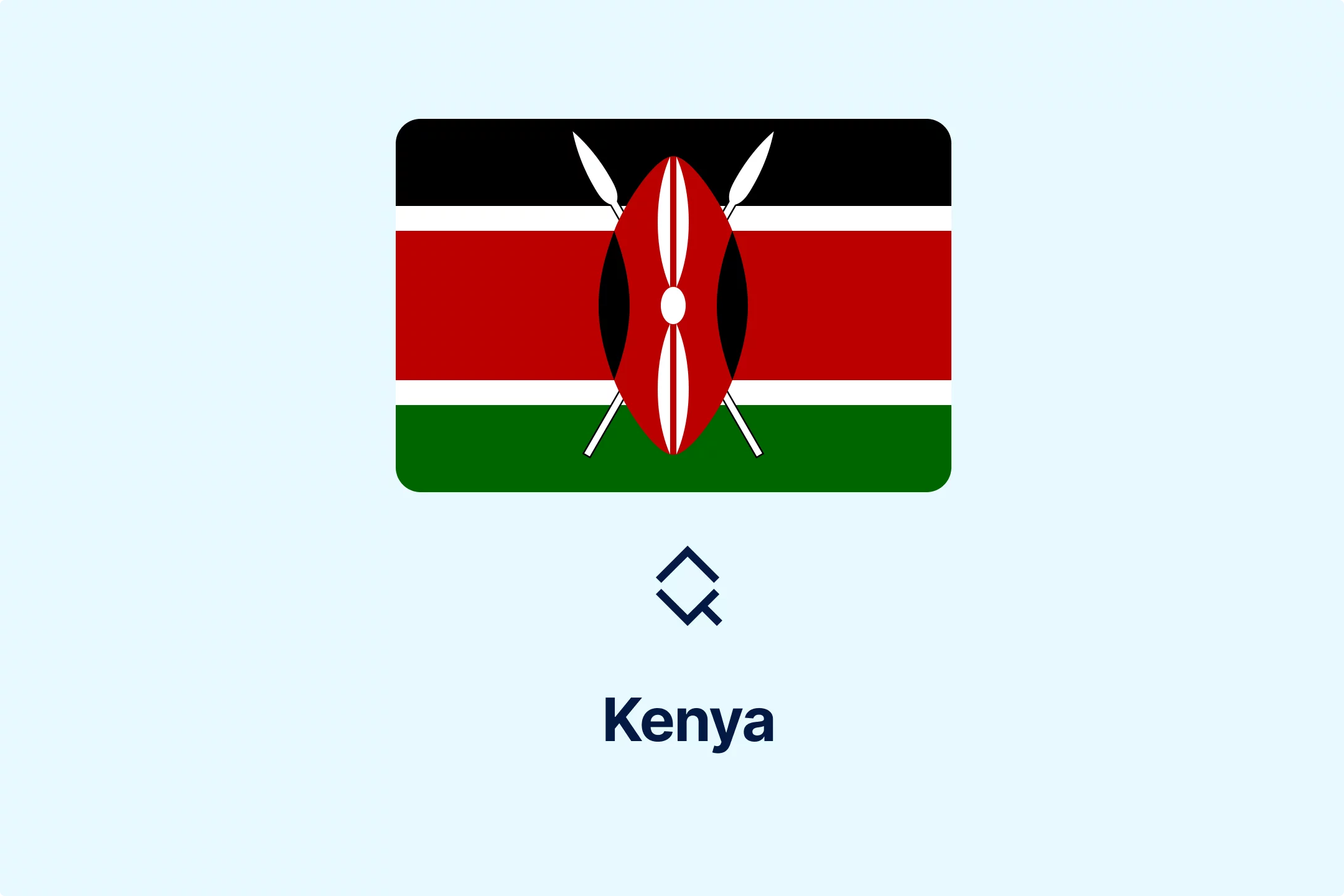Kenya High Court Clarifies VAT on Financial Services

The High Court of Kenya overruled the Tax Appeals Tribunal ruling in the case between Pesapal Limited and the Commissioner of Domestic Taxes, regarding the VAT treatment of commissions earned by a licensed payment service provider. The case clarifies the VAT treatment of services involving the receipt, transfer, and processing of payments on behalf of third parties.
Background of the Case and Courts' Conclusion
Before the High Court ruled on this case, the Tax Appeals Tribunal had upheld the Kenya Revenue Authority's (KRA) assessment that Pesapal Limited must pay VAT of KES 76.8 million (around USD 595,000), as well as penalties and interest of KES 33.9 million (around USD 262,000), for commissions earned.
The central point of dispute is the company's standpoint that the commission originated from exempt financial services, while KRA argued they were fees for operating a licensed payment platform. With the Tribunal's confirmation of the KSA arguments, the company was treated as a payment system operator rather than a financial service provider.
However, the company appealed against this interpretation before the High Court, undermining the Tribunal's perspective and conclusions regarding what constitutes exempt financial services under the VAT Law. The High Court determined that the key issue is whether the Tribunal erred in ruling that the company’s services were not VAT-exempt financial services.
Because the company is a licensed Payment Service Provider, whose primary activities include receiving, storing, transferring, and processing payments, further underlying that these fall within the broad scope of VAT-exempt financial services, the High Court ruled that the Tribunal misapplied the law. Consequently, the KRA’s assessment is wrong, and the company does not owe nearly USD 900,000 in VAT, interest, and penalties.
Conclusion
Ultimately, the High Court emphasized that the service itself determines VAT exemption, and that it depends on the nature of the activity, rather than the provider’s institutional status or the use of digital platforms. Additionally, the Court reaffirmed the principle that any ambiguities in tax law should be interpreted in favor of the taxpayer, rather than against them.
Source: KPMG

More News from Kenya
Get real-time updates and developments from around the world, keeping you informed and prepared.
-e9lcpxl5nq.webp)









-1lfl8tbv0h.webp)





.png)
